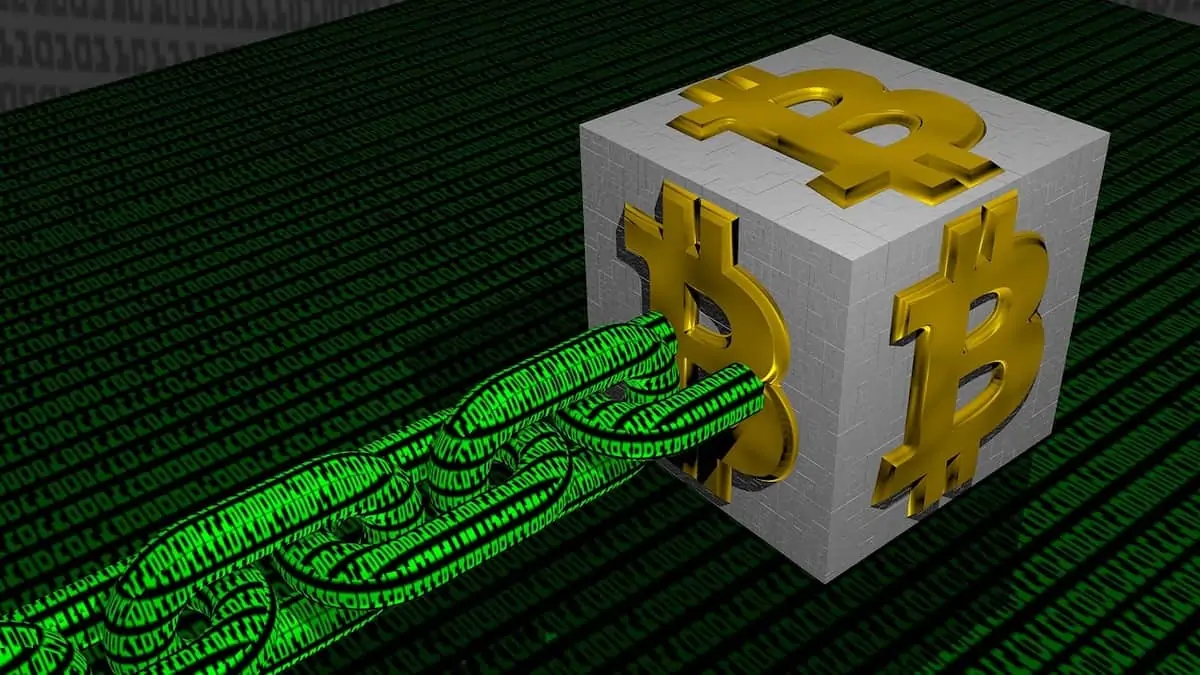The application of blockchain in the supply chain is among the greatest innovations to take root in the shipping industry.
The application of blockchain holds promises to increase visibility, renew viability, reduce inconsistency, increase payment processing accuracy, and eliminate compliance problems.
Even though the technology is still new, its potential cannot be ignored, and supply chain executives need to know why.
Supply Chain Executives May Not Understand Blockchain Technology
Although blockchain technology has been a major talking point in the supply chain, 2018 is the year in which blockchain testing programs will become real-world platforms, reports ComputerWorld.com. Major companies, like Maersk and IBM, are working on innovative platforms to allow for end-to-end visibility and transparency through blockchain technology.
The promise of launching technology means saving billions through the elimination of EDI and paper-based systems, reducing inefficiencies and much more. Today, supply chain leaders remain confused and uncertain about the future of launching technology. They may understand its purpose, but applying blocking technology in the real-world seems out of reach.

As a result, supply chain executives may not realize that investment into blocks and technology is the only way to successfully mitigate this change in standard operating procedure. Further they must develop and recruit the skills associated with Blockchain jobs to make it all work.
Blockchain Dominates Supply Chain Conversations
Launching technology dominates supply chain conversations due to its potential impact on all documentation processes, but it adds value through the ability to track purchase orders, assign and verify certifications, link physical goods to IOT-enabled devices, such as digital tax, barcodes, and serial numbers, and sharing such information with suppliers, vendors, and other supply chain partners, reports Supply Chain 24/7.
How the Use of Blockchain in the Supply Chain Could Be the End-All Solution to Visibility and More
Use of blockchain in the supply chain is presumed to be the end-all solution to visibility and transparency. Blockchain technology has the potential to correct problems within today’s supply chains, reports Bernard Marr of Forbes.
The complexity of the modern supply chain is extensive. Products may shift between modes, and a large global manufacturing presence exacerbates the complexity. The age of e-commerce also means an increased risk of purchasing counterfeit products, the so-called “gray market.”
Through blockchain technology, consumers can verify the product they purchased, and vendors and suppliers can take the same action. This increases efficiency and reliability within the supply chain.
Supply chain parties using lock chain in the supply chain can review the chain of ownership and provide an added layer of security, as well as a guarantee, to other parties regarding the item in question’s value and validity. These are important factors in supply chains that have a direct bearing on the health of the public, such as the food and medical industries, asserts Nasdaq.
Additional benefits of blockchain in the supply chain for visibility include:
- The creation of smart contracts to hold vendors and suppliers accountable, maintaining adherence to duties and responsibilities defined within service level agreements (SLAs).
- Integrated payment solutions, reducing the time between ordering and payment processing, ensuring the proper, timely movement of products. Payment processing also has major ramifications for avoiding violations of international and domestic trade agreement, preventing illicit payments from countries and entities that are sanctioned from doing business with other parts of the world.
- Ability to create public and private blockchains, protecting proprietary, if not private, information from unauthorized parties.
- Recording all activities throughout the supply chain, including the quantity and transfer of assets, regardless of the motive transit. This will grow more important as new technologies, including unmanned, autonomous trucks, drones, and even Amazon’s proposed floating fulfillment center, emerge.
- Better customer service levels and far-reaching scalability, resulting from the ability to provide more information regarding a product’s manufacturer, origin, transfer, and use.
Plan for Success in the Final Quarter
Applied on a global scale, blockchain in the supply chain will make the $18 trillion global trade finance market more efficient, says Deloitte, reducing conflict and improving collaboration. Blockchain is comparable to the surprise move in the last few seconds of the supply chain game. If everything goes well and is executed properly, your team will score and win.
However, poor planning and inadequate processes will lead to losses that will result in upset. Instead of leaving it up to chance, put your organization first, and learn how blockchain in the supply chain can and will be an invaluable asset in the future of logistics and successful supply chain management.

